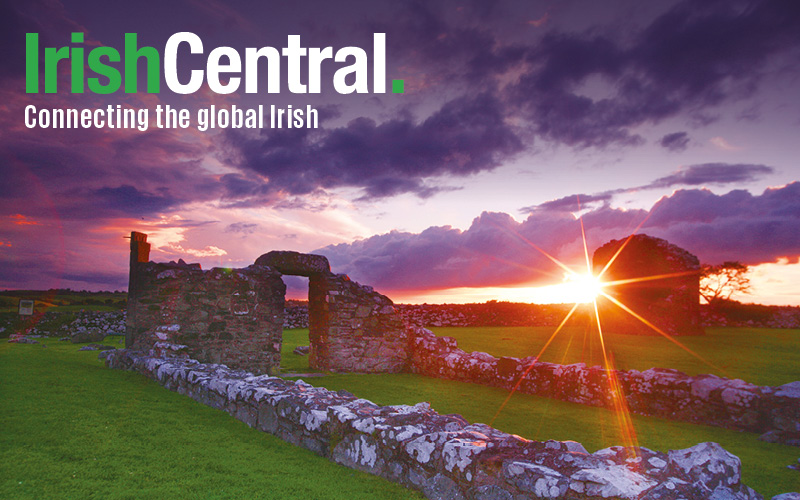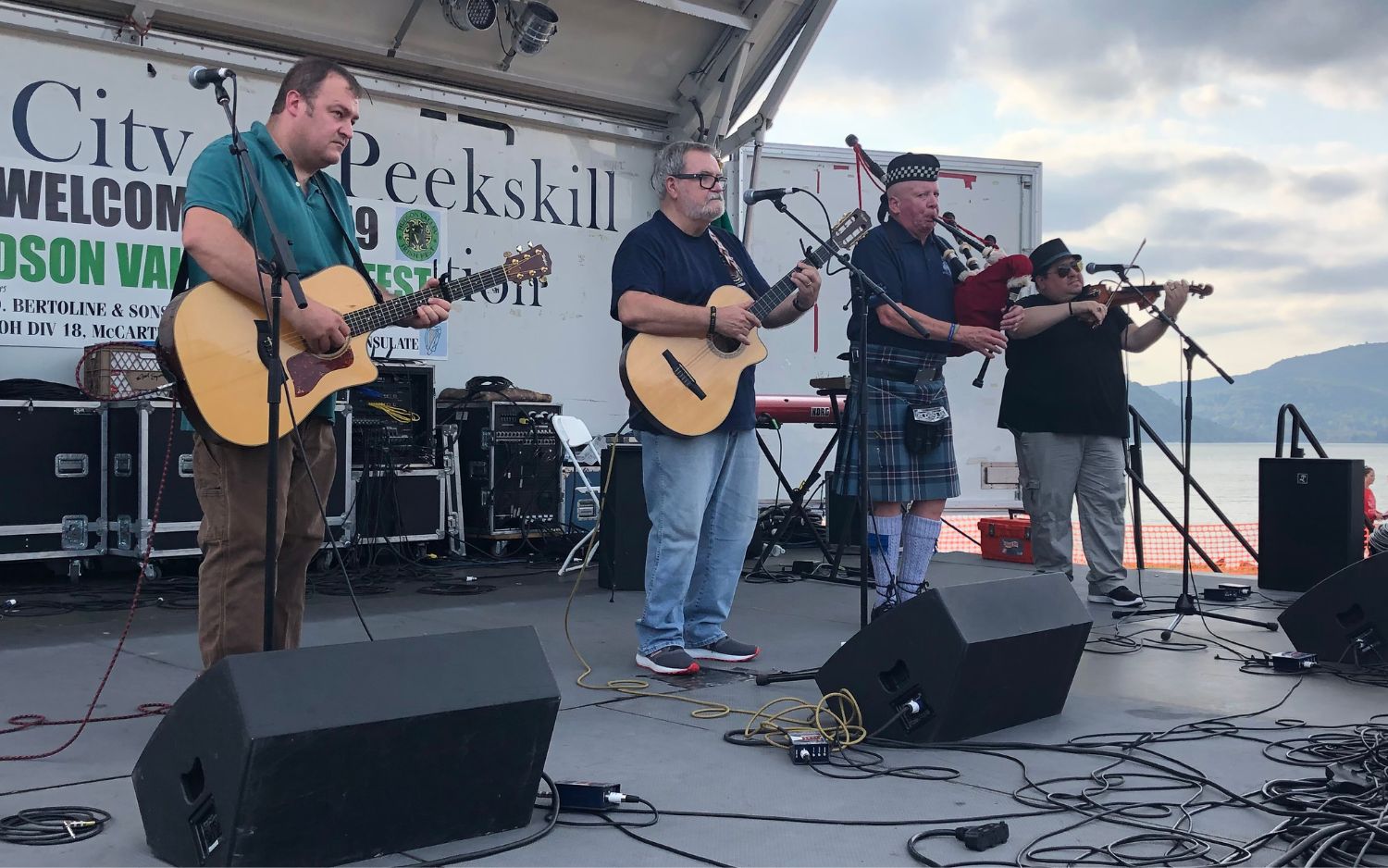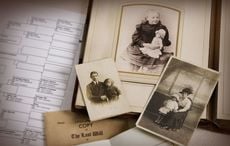In 1881 a postmaster of Westwood couldn’t think of a new name for the North Idaho settlement. Thankfully the remarkable Irishman Michael M. Cowley was on hand to name the town after his home – Rathdrum, County Wicklow.
Originally the town was named Westwood after a local pony express rider, rancher and land developer Charles Wesley Wood, known as Wes to the locals. He was one of the original founders in the town.
In 1881 the postmaster, Zach Lewis, received news from the authorities in Washington that they would have to find another name as there was already a settlement named Westwood in the territory. Lewis was stumped and couldn’t come up with a satisfactory name for their town and turned to Michael M Cowley for inspiration.
According to Ellen H. Richards book “An illustrated history of North Idaho” Cowley was at the time “living at Spokane Bridge on the boundary line between Washington and Idaho. Mr. Cowley recited a number of names, among them, incidentally, Rathdrum, the place of his nativity in Ireland. This was selected by Mr. Lewis as a name likely to be sufficiently satisfactory to the Washington authorities, and Westwood became Rathdrum.”
Michael M. Cowley was an incredible character and one that embodies the bold, daring of the first settlers the United States.
He was born in Rathdrum, County Wicklow, on May 9, 1841. His father, Hugh, was a merchant. Young Cowley was educated in Clondalkin, near Dublin, and at the tender age of 15 he made the journey to the United States, alone.
After a 41-day journey he landed in New York and made his way to Rochester, where he had an uncle who found a job for him.
Two years later he took the the road again and moved west having heard tales of the California gold rush. He was bound for El Dorado but he ran out of money by the time he reached Fort Leavenworth, Kansas.
He got work as a teamster with the US Army, who were outfitting an expedition to Utah to put down a Mormon rebellion.
En route he was promoted to act as sutler, army speak for storekeeper, and so began his career. He continued in this role to Beal's Crossing in Colorado, later known as Fort Mohave, and stayed with the US Army until the outbreak of the Civil War in 1861.
He then went on to Placerville, California, where he clerked in a store for three years.
Yet again Cowley got itchy feet and he went to try his fortunes in the mining region of Idaho. He arrived in 1862 and began his search for gold. He was successful and with the gold dust he found started a trading post which he operated in several mining camps of the Pacific Northwest until 1867.
He settled in Bonner’s Ferry in 1867 and operated a trading post there and a ferry to cross the Kootenai River for the next five years.
In a “People's History”, written by Benjamin H. Kizer, a Spokane lawyer acquainted with Cowley, he tells a “typical Cowley yarn:”
“One day, a customer who owed Cowley money he couldn't pay, hailed Cowley from across the river, wanting to be ferried. Cowley shouted, "Have you got a dollar?" The reply was, "No, but I'll sure pay you as soon as I get it." Without reply Cowley turned and started back to his store. The would-be passenger let out a despairing yell, "Oh, for the love of God, Mike! I must cross the river." At this, Cowley turned around long enough to shout: "If you've got no money, you're just as well off on that side of the river as over here." A little later, when Cowley took a paying customer across the river, Cowley relented and brought back his insolvent passenger, but of course was never able to collect.”
In July 1872, Cowley moved his trading post to what was later known as Spokane Bridge. However before he settled down he travelled to Walla Walla, where he had visited several times before, and married Irish native Annie Connolly.
By this times Cowley had settled but all around was opportunities and as Kizer wrote “Pioneers of Cowley's type had courage, but it was not of the bragging, vainglorious type. They were in daily contact with Indians, freighters, prospectors and, now and then, an outlaw from the distant settlements. They became shrewd students of human nature and Cowley, in particular, amassed a store of practical philosophy of men and life.”
By 1885 Cowley was in the position to buy stock in the Traders National Bank at Spokane, and became a director. In 1889 he sold his trading post, rented his buildings, and moved to Spokane. He was elected cashier of the Traders, and in January 1892 he was chosen its President, a position he filled until his retirement 14 years later.
Cowley and his wife had two children, both girls. His wife, Annie died in 1907, eight years before the death of her husband. Due to his advancing years Cowley retired as president of the bank in 1906, but continued as a director. He was confined to bed for many of his latter years.
However as Kizer wrote “Cowley spent a busy life on the frontier, full of useful activities; and in his later years he had few equals and no superiors in contributions to the up building of Spokane and its surrounding territory.”
He later continued “let us pause long enough to appraise the outstanding characteristics of pioneers like Mike Cowley. They had the interlocking and interdependent qualities of strength, character, courage and the adventurous spirit. Note the courageous, adventurous nature of Cowley when, at 15, without money and without friends he took that 41-day journey in a sailing vessel from Ireland to America; when at 17 he made that transcontinental trip into the unpathed wilderness from New York to Colorado…It is these priceless attributes of independence of thought, of indomitable courage, of wisely calculated adventure that cause us to remember, cherish and honor men like Michael M. Cowley.”
For more from the series Irish place names in America, click here.




Comments